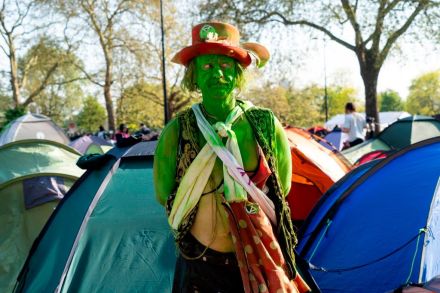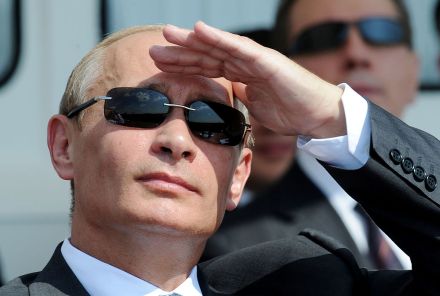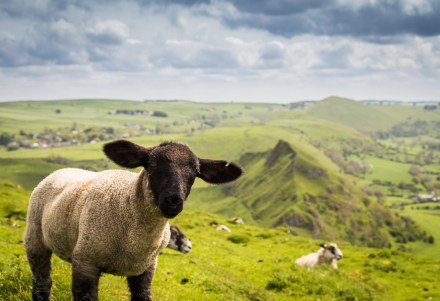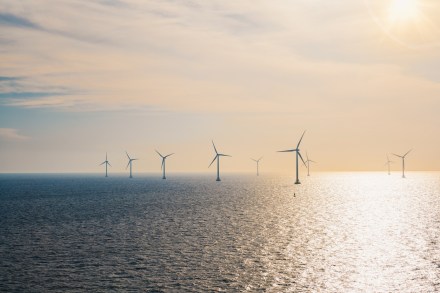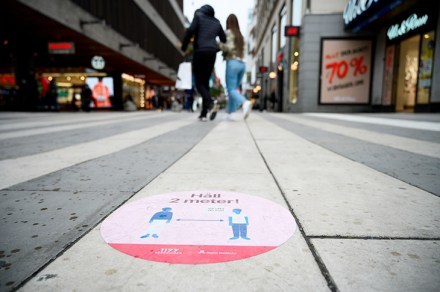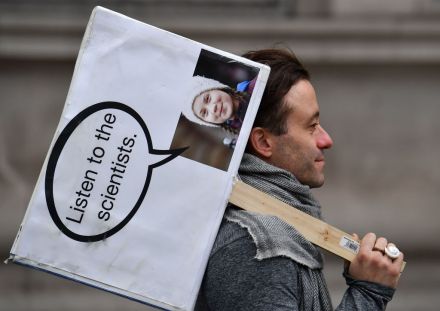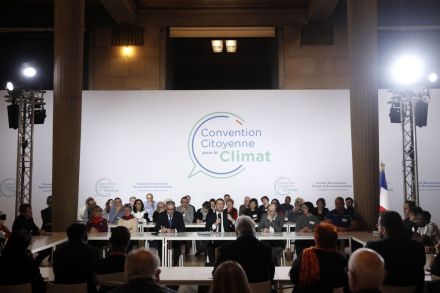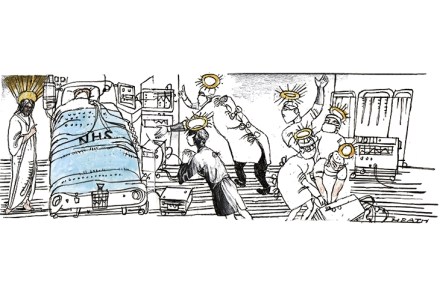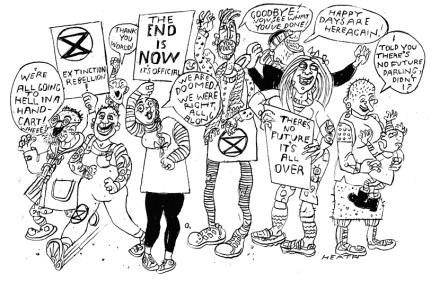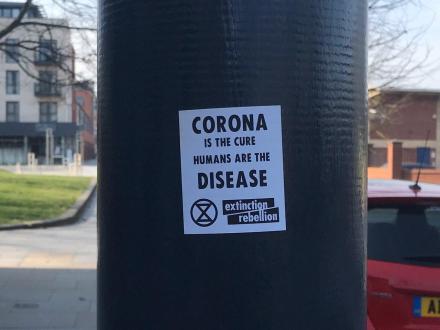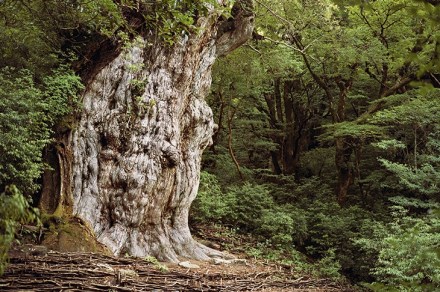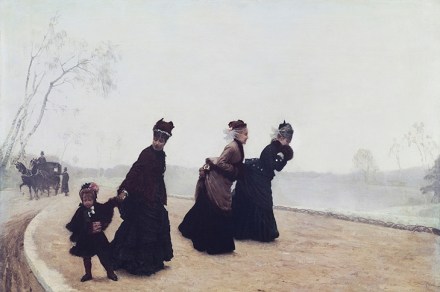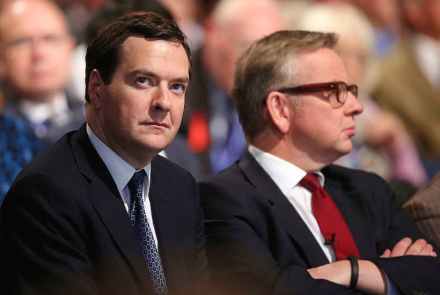The elitism lurking at the heart of the green movement
There’s a movement in the UK that is trying to block the building of essential new council housing. It is also agitating to stop the opening of a new coal mine, which would deprive working men and women of a good, honest way to make a living. What is this movement? A neo-Thatcherite organisation, perhaps, hell-bent on finishing Maggie’s task of putting coal miners out of work and shrinking social housing? A bunch of aristocrats and toffs, maybe, who are sick of their leafy living areas being swarmed by council-house residents and the precious countryside being blighted by such ghastly things as mines and factories? Nope, it’s environmentalists. It’s greens. It’s
